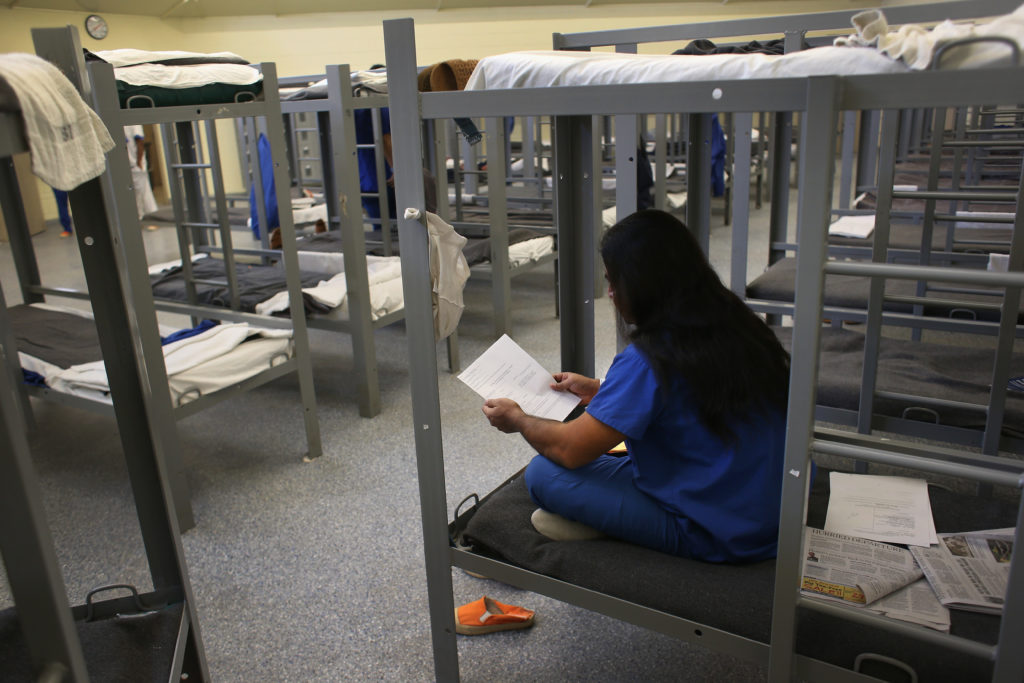Hundreds of requests for medical attention from transgender immigrants have been ignored by a detention centre, a federal inspection revealed.
The Cibola County Correctional Centre in New Mexico is the only detention centre dedicated to housing transgender immigrants. Internal reports described to Reuters reveal the shocking conditions there, including poor quarantine procedures and deficient treatment for mental illnesses and other chronic diseases.
The centre was also found guilty of failing to complete laboratory orders or arrange for HIV patients to see infectious disease specialists within 30 days of arrival.
Detainees had made desperate attempts to get adequate care, but were repeatedly ignored.
“Every time we felt sick the first step was to raise a request, but they never answered,” said Kelly Aguilar, a 23-year-old transgender woman from Honduras who was detained at Cibola for two years before being transferred to Aurora.
“When people had fevers, headaches, stomach problems, we just tried to help each other by giving sips of water or buying pills in the commissary, but a lot of times we didn’t have money.”
The problems led to the transfer of all detainees to other facilities in January. About half of the two dozen transgender detainees were sent to a facility Aurora, Colorado, and the others to one in Tacoma, Washington.
When approached by Reuters, an ICE spokesperson declined to comment on the specifics but confirmed that a December 2019 report by the ICE health corps found “several health care-related deficiencies” at the centre.
The reports came to light as Democrats in Congress accuse ICE of not living up to the agency’s own standards for caring for detained transgender immigrants.

And it’s not the first time ICE has come under fire for its appalling treatment of transgender people. Last year Alejandra Barrera was finally freed after 20 months of detainment, the longest ever for a trans woman at the facility.
During this time she was refused treatment for a progressive medical condition, which if left untreated could have permanently affected her cognitive abilities and could caused severe complications or death.
She was only released after a sustained advocacy campaign by her attorney and several non-profit organisations. Activists claim her experience is representative of the widespread mistreatment of all trans women in ICE custody.
